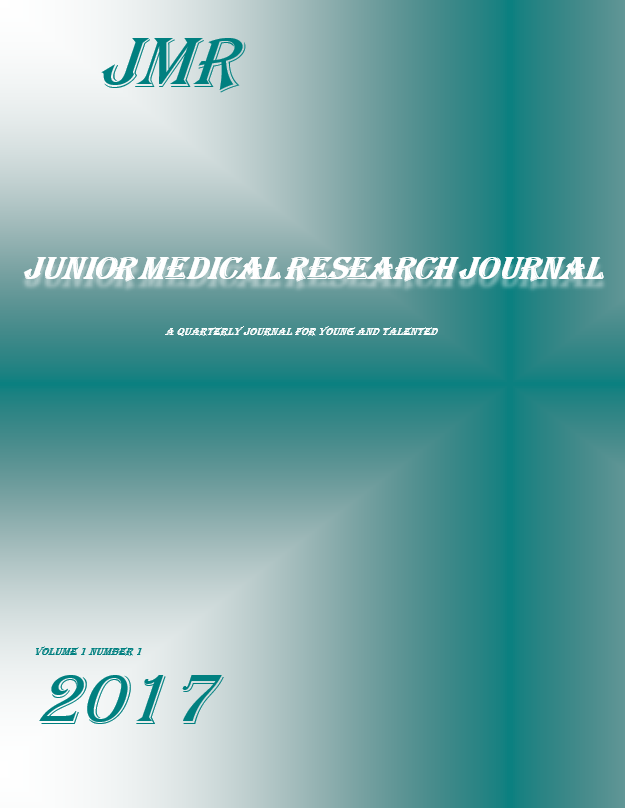Original Article
Non tumoral portal vein thrombosis during cirrhosis: Should anticoagulation be proposed?
Abstract
Background:
Portal vein thrombosis (PVT) is considered as infrequent and pejorative event in cirrhosis. Up to date, many questions remain about therapeutic management.
Aim:
The objectives of this study were to assess the impact of the PVT on the progression of liver disease, to review the indications for anticoagulation and its repercussions.
Materials and methods:
A case-control study was conducted over a period of 12 years (2002-2013). It included 484 cases of cirrhosis. Among these patients, 41 had non tumoral portal vein thrombosis (case group). The control group included the remaining 443 patients.
Results:
In our study, there was no impact of PVT on the natural history of cirrhosis both in terms of complications or survival. Only the early introduction of anticoagulant therapy was associated with a re-permeabilization of portal vein at one year (OR1.6; 95% CI [1.10-2.01]). Prolonged anticoagulation was inversely correlated with recurrent PVT after treatment. However, obtaining a portal vein re-permeabilization was not correlated to a significant gain in terms of prevention of complication related to cirrhosis and survival.
Conclusions:
results suggest that portal vein thrombosis in patients with cirrhosis is not a formal indication for anticoagulant therapy. It should be reserved for candidates of liver transplantation, those with an extension of the PVT to mesenteric vessels or with severe prothrombotic status.
Key words:
portal vein thrombosis, cirrhosis, anticoagulation.




